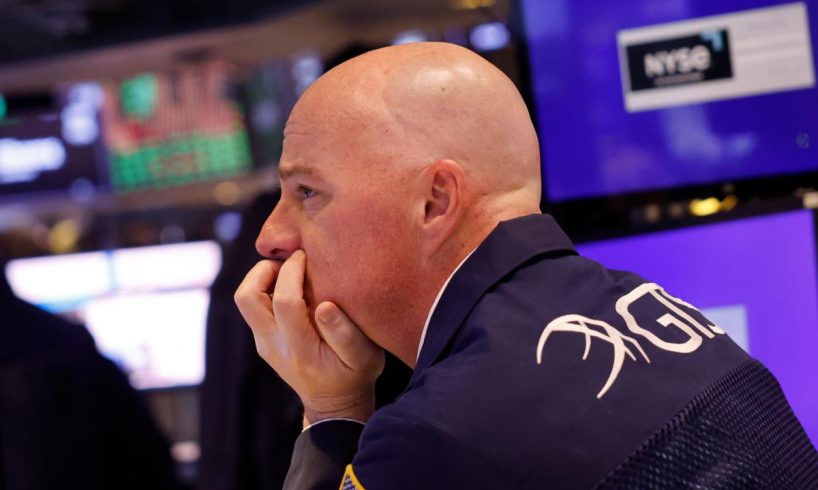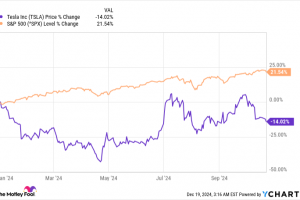
Michael M. Santiago/Getty
The recent surge in small-cap stocks appears unsustainable, according to Capital Economics’ John Higgins.
Higgins said the fact that large-cap stocks are still near record highs suggests no rotation has taken place.
“We are not convinced” of a rotation from large-cap stocks to small-cap stocks, Higgins said.
The rapid and historic rally in small-cap stocks over the past week is unsustainable.
That’s according to Capital Economics’ chief market economist John Higgins, who said in a note on Wednesday that the relative outperformance of small-cap stocks compared to large-cap stocks is likely to be short-lived.
“A recent surge in the Russell 2000 after the US CPI report for June was published last week has prompted claims that we are entering the initial stage of a secular rotation into US small-cap stocks. We are not convinced,” Higgins said.
First, Higgins said the recent market action shouldn’t be thought of as a rotation.
A rotation implies that investors are selling large-cap stocks and using those proceeds to buy small-caps. But while large-caps have sat out the rally over the past week, they are still just a few percentage points below all-time highs.
“We would need to see more evidence of a sell-off in ‘big tech’ to be convinced that a rotation into small-cap stocks out of their larger counterparts was well and truly underway,” Higgins said.
Higgins made those comments while acknowledging the sharp decline in mega-cap tech stocks on Wednesday, sparked by comments from former President Donald Trump and the Biden administration considering restrictions on certain semiconductor companies.
Much of the rally in small-cap stocks has been driven by the expectation that the Federal Reserve will soon lower interest rates.
But Higgins isn’t buying that argument either, noting that large-cap stocks outperformed their small-cap peers when the Fed cut interest rates in the mid-1990s, as well as when they cut interest rates in 2009 and 2019.
“We anticipate a bubble in the stock market continuing to inflate amid hype around AI, like one did in the second…
..






